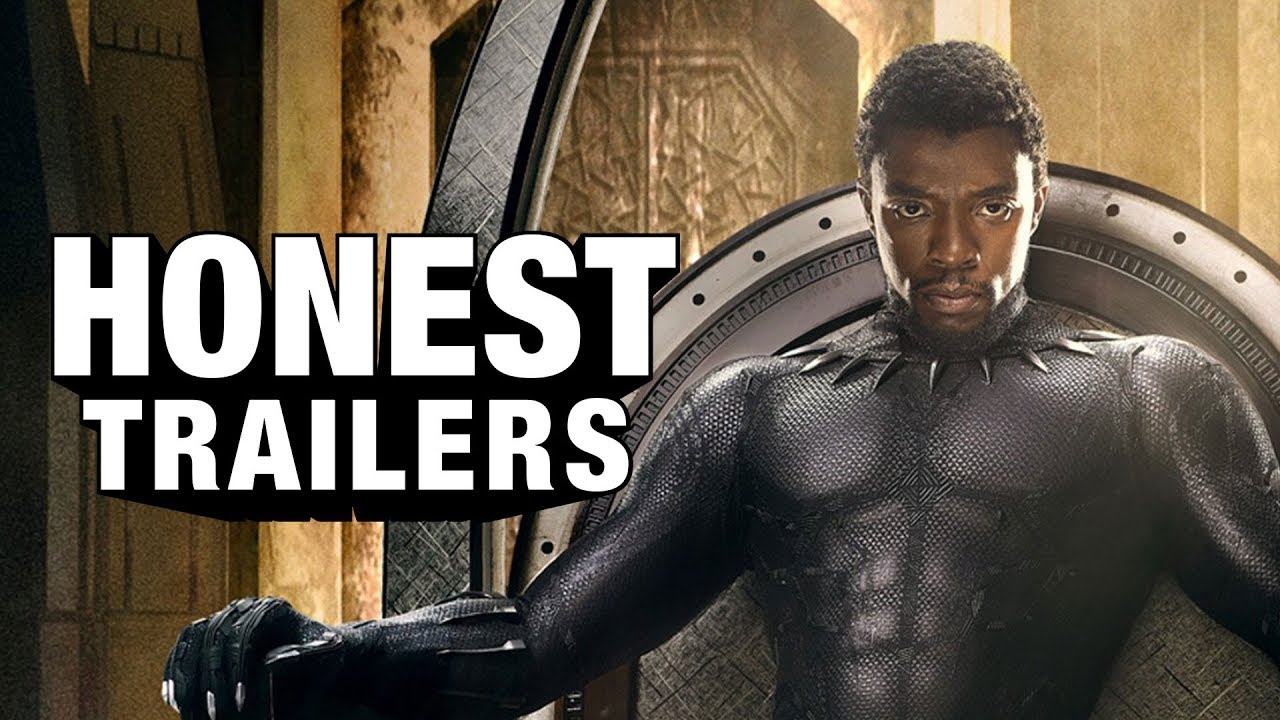Nah, I worded it kind of awkwardly there. I meant that T’Challa wants to live up to his father’s reputation in being a good king, which means he’s not really doing anything new. He’s just trying to maintain the status quo. So M’Baku’s perspective on the whole ‘tradition’ thing is closer (but not identical) with what T’Challa is thinking than Killmonger.
Ah, okay. This is interesting. M’Baku definitely changes his mind on the throne thing, but it’s in the first act and he basically just yields the fight. He doesn’t really ‘change’ his perspective so much as give up on one fight. With Killmonger, I think you have to look at him side-by-side with T’Challa.
T’Challa at the beginning of the story is busy focusing on his father’s legacy, and basically resisting doing anything different. He wants to maintain Wakanda’s secrecy, not act unless absolutely necessary, etc. By the end of the story, he’s at the UN announcing Wakanda’s intentions to open outreach centers and help the world.
Killmonger at the beginning of the story (or as close to it as he can be) voices his intentions to liberate those around the world, arming them and essentially burning down Wakanda’s heritage. By the end of the story, he’s still fighting for it. He only gives up when he’s stabbed, and even then, he dies on his own terms.
Of those two, T’Challa is the one that has a complete 180 shift on his perspective as a result of knowing Killmonger. Killmonger was extremely radical, but T’Challa saw some benefit in overhauling the system. T’Challa changed his perspective to a more moderate version of Killmonger’s intent, but Killmonger died maintaining his initial perspective.
I’m going to answer both of these points in one (or try). The hardest thing you’ll have to learn with Dramatica, in my opinion, is to view it as a distinctly unsubjective thing. The storyform itself just presents WHAT the conflict is. You, as the author, have to add the ‘flavour’ and storytelling to it – the HOW, WHY, WHERE and WHEN.
So M’Baku making the challenge for the throne can be seen in the first four levels of the storyform we agreed upon:
Domain of Physics – A ritual fight for the throne.
Concern of Obtaining – Attempting to gain or prevent the other from gaining the throne.
Issue of Attitude – The competing attitudes for how Wakanda should be run that precede the battle.
Problem of Oppose – A rival tribesman openly opposing the rightful heir to the throne.
You can see all four sources of conflict throughout the scene, but the characters’ motivation lies in the storytelling. It’s how you, the author, present that conflict to an audience. Here, M’Baku’s motivation is mostly seen in the Issue and Problem areas, with him voicing his opposition to T’Challa’s rule, mocking Shuri and the other Wakandans. The Domain and Concern just provides the backdrop for the scene.
I completely empathise with your point about going around in circles. It can be unbearably frustrating sometimes. I posted a few weeks back for help with a story I couldn’t work out for four years. And it turned out I had every single throughline in the wrong domain! I’m now steadily going through all of the Dramatica podcasts and watching the movies, taking notes, trying to ‘get’ the difference between a Physics story and a Situation story. We’re all in the same boat. Just keep going, keep asking questions, keep writing and you’ll get it.
The PSR is a subjective look at the storyform, and the PSR for this storyform says that the Activity signposts are explored in terms of the Psychology/Manipulation types, so you might be onto something there!

 Let’s break this down. With regards to the theory, the WHY you seek for his actions is Motivation. This is an OS function for the character(s). The PSR is a subjective view of the entire Storyform. It’s an exploration of Variations present in that narrative.
Let’s break this down. With regards to the theory, the WHY you seek for his actions is Motivation. This is an OS function for the character(s). The PSR is a subjective view of the entire Storyform. It’s an exploration of Variations present in that narrative.

